America has a complex history, encompassing truth, lies, heroes and villains. Things known, and unknown, including events kept secret or obfuscated to present an aura of white hat while a dark deception looms. And all too often, the light and dark of good versus evil has cast a national ominous glow depending on the presenter and audience, innocence or guilt subjective; better still, manipulative.
The country is also a land vast, beautiful, and for years until a coast-to-coast expansion was completed, hotly contested by a multiple of nations. In the southwest region, two were recognized, others were not. Yet, throughout the nation’s history and world events, the right or wrong of issues that transpired are left today to opinionators, teachers, students, even the writings of individuals who have passed, or those still living that lived through, including posterity; those yet to come. But as time passes, truth will yet again be decided by those who will attempt to present a narrative they deem relevant to changing times, emotions, and agenda.
Think of Vietnam and those who placed the nation in a politically unwinnable war. Imagine for a moment the ones who wore the uniform, and their dependents thereof, who suffered through tumultuous times, all at the behest of government willing to harm its citizens instead of protecting them. When the conflict ended, thousands had to gather up what remained of their personal lives, while some never returned or recovered. Pawns in a game where others, without thought or care to the destruction they wreaked, benefitted from the sacrifice of those who swore to serve and defend – a deception foisted.
In my personal life, I grew up during Vietnam on bases around the world, never thinking to compare two worlds: past and present. So, in my bewilderment of continual thought, I wonder, will future generations look at the world I grew up in with the same passions I now have of history’s past. Or attempt to trace the footsteps of those before like I do now, trying to envision and comprehend what they experienced. Forty years plus having passed, I visited one base I lived on, the housing now a ghost town, rotting in the sun. The lives lived replaced with tumbleweeds, and I wonder: Is history worth preserving, or should the homes continue rotting, while scavengers remove any value and looters destroy what remains? A sadness of life gone overwhelmed me when I walked through, knowing in youth I never had a “home” to call home. Yet, a domicile I cherished sat in ruins, the closet thing I’d ever called home having been a dependent of, not the child of, my parents.
Having grown up military, a wanderlust resides in my heart. It has grown into a passion of country, history, perspectives. So much, where I was once a reticent individual, I now entertain conversations with complete strangers. Something I’m always stunned to learn are those citizens who hate their country, our country: America. And perplexingly, in my ventures, I’ve also met people who have never been outside the county they live in. Their lives, segmented to an area one can traverse its entirety in an afternoon. That small area being all they’ve ever known.
In my forays, if one travels across the west, they can visit remnants of American history, of a time long ago, of previous generations who lived apart from us on land, wholly different, yet the same. Where vast and beautiful was once construed as desolate, harsh, remote, uninhabitable, with thoughts of why settle, yet people fought and died to settle. What then took months to cross by wagon, now takes only hours by car. Visiting, some places are close to the beaten path, others an effort to reach, but well worth the effort if one only cared.
On Interstate 25 in New Mexico, roughly twenty-eight miles north of Las Vegas at exit 366, one can head eight miles west and arrive at Fort Union. A forty-year history of a time forgotten, with history somewhat maligned, lives forever changed, including the last soldier who departed in 1891, leaving the entirety of the place to the elements. The Civil War, Plains Indian Wars, and the Santa Fe Trail are all a part of its history until the advent of the railroad eventually brought the forts demise. A world inclusive of other’s children we could never imagine, envision, or relate to. Like myself, the same, yet vastly different. With the fort’s history forgotten, sometime in the thirties, a former dependent went to search out their childhood home and found the remains of childhood in ruin and disrepair, her past memories virtually obliterated from the earths face. So, she lobbied, and in 1954, a national monument it became. History preserved. But who she was, her time passed, like ours is now passing.
Growing up, every base we lived on was home until the next, then home I was again, if only for a brief time. I was always safe, secure, and oblivious to the world outside the confines of a military installation. The fence line surrounding keeping others out, the antithesis of jail, locking those in. For me, the best words to describe the life I lived in youth belong to the one who went in search of hers: The safest place in the world to bring up children. (Genevieve Collins, the daughter and wife of Fort Union officers.)
With time, there are constants, unchanging precepts to life. The sun rises in the east and sets in the west. Between, a twenty-four-hour time span from rising and setting encompasses one full day. But there is a changing precept to the unchanging constant. Every second ticked, the present becomes the past and history is made whether good, bad, or indifferent. We are only here for a short time. The goal in our present should be to make the world a better place, our country a safer space for those who are American.
As I continue my travels, meet people, and stand in awe of what I believe is the greatest nation ever conceived, a biblical verse I’d like to see changed: There is no remembrance of men of old, and even those who are yet to come will not be remembered by those who follow. (Ecclesiastes 1:11)
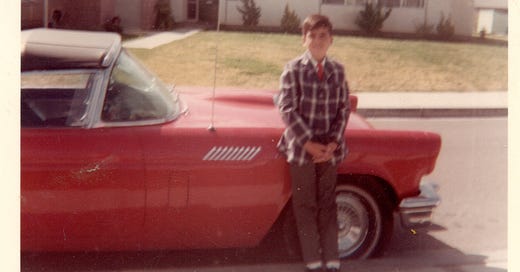






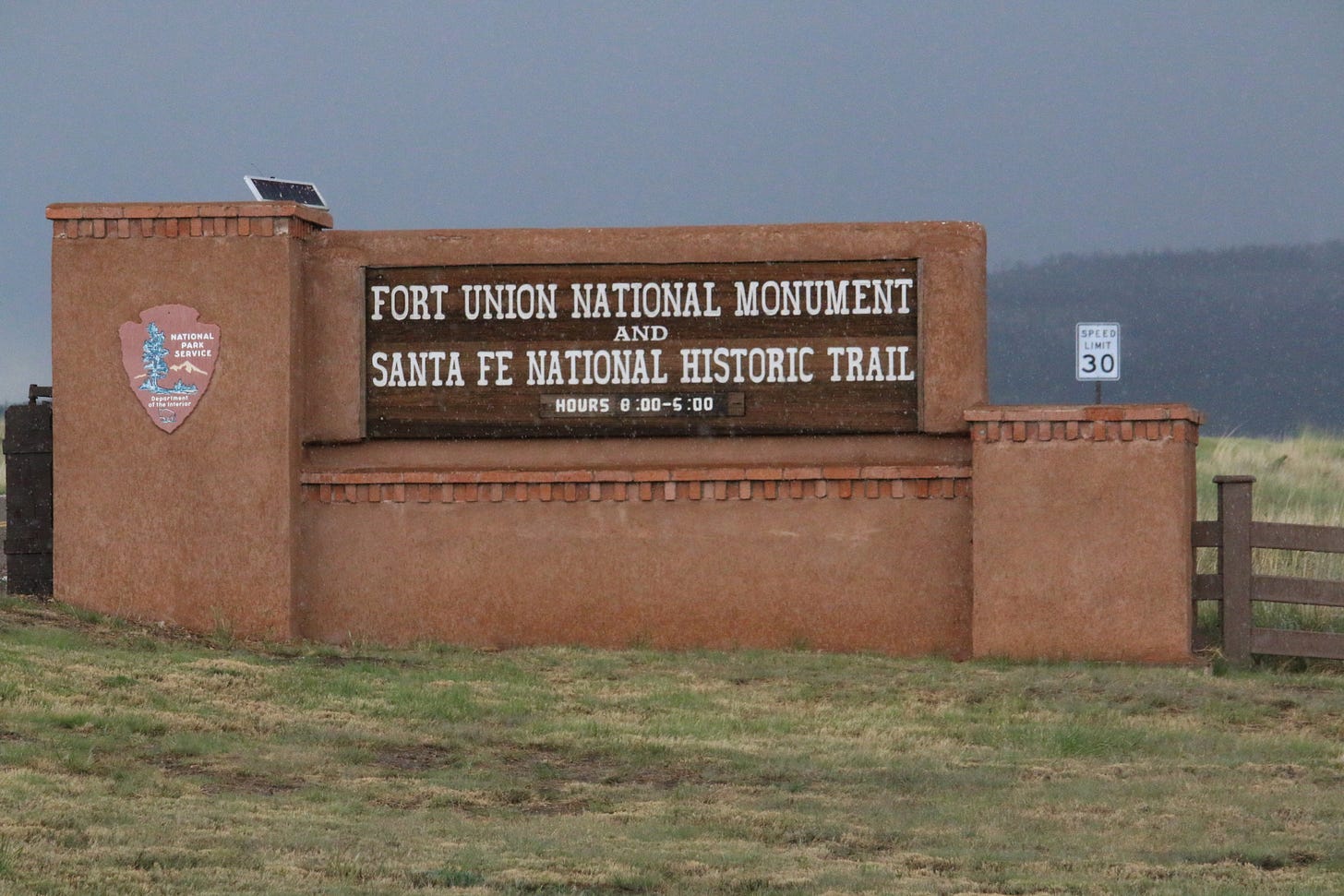
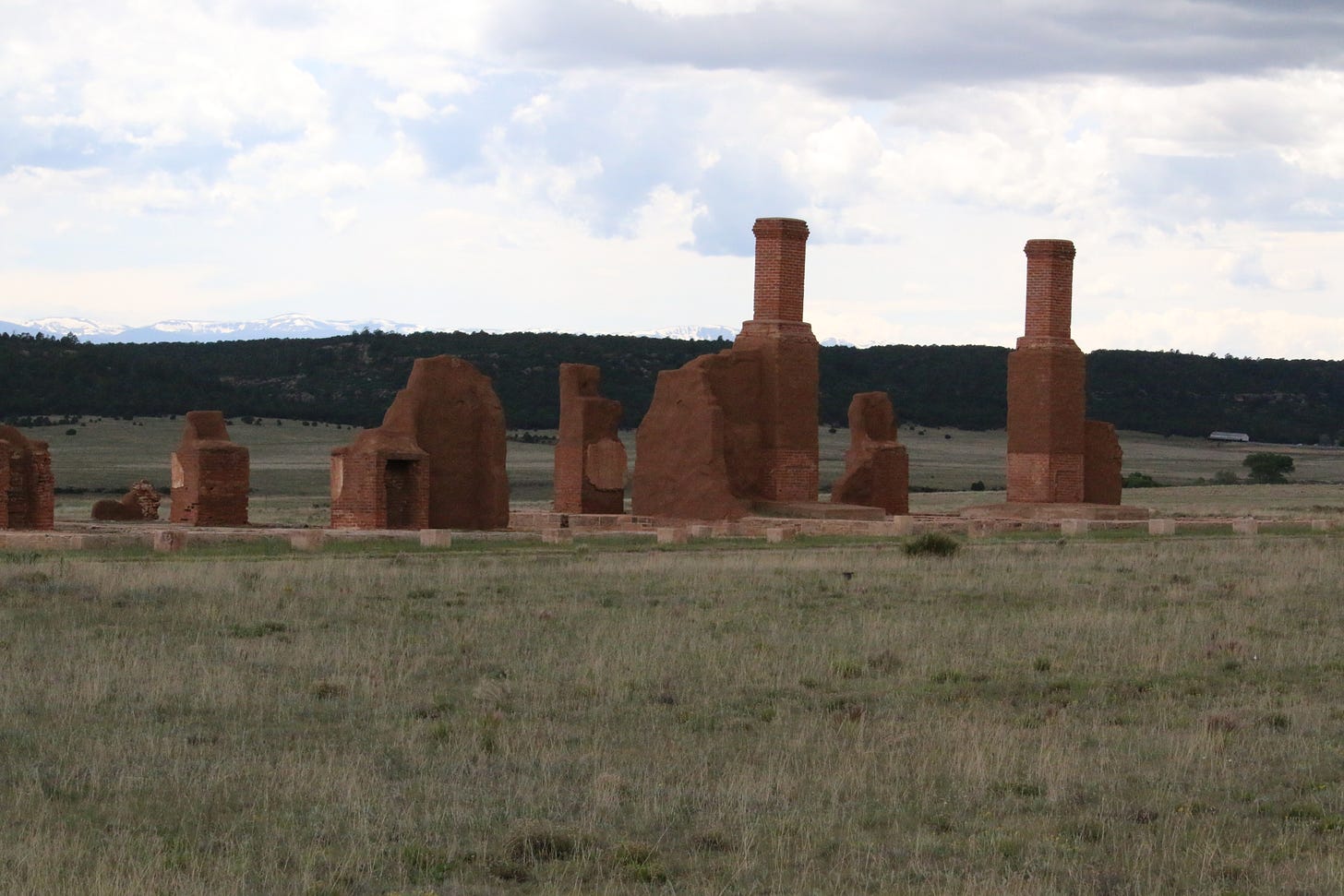
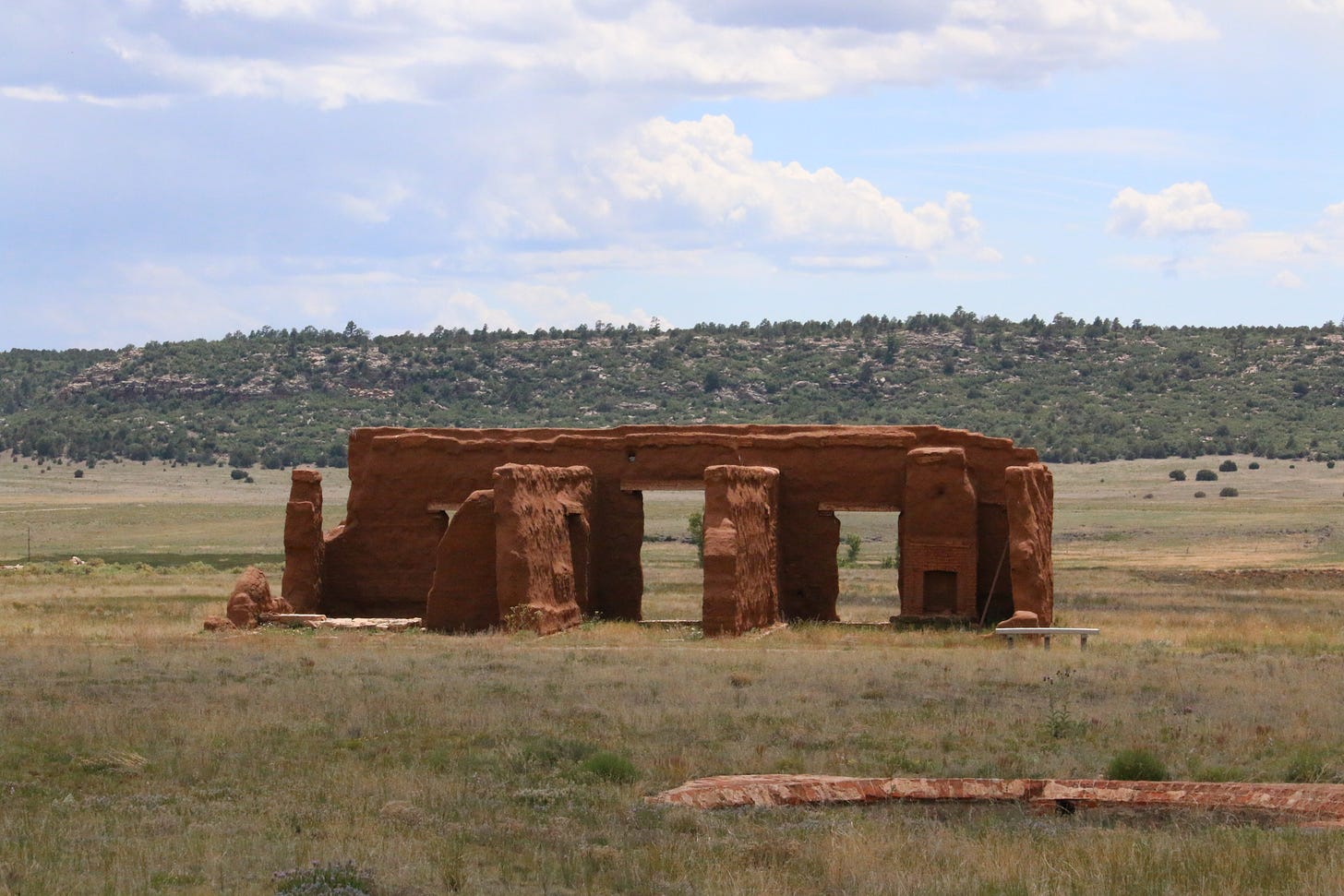
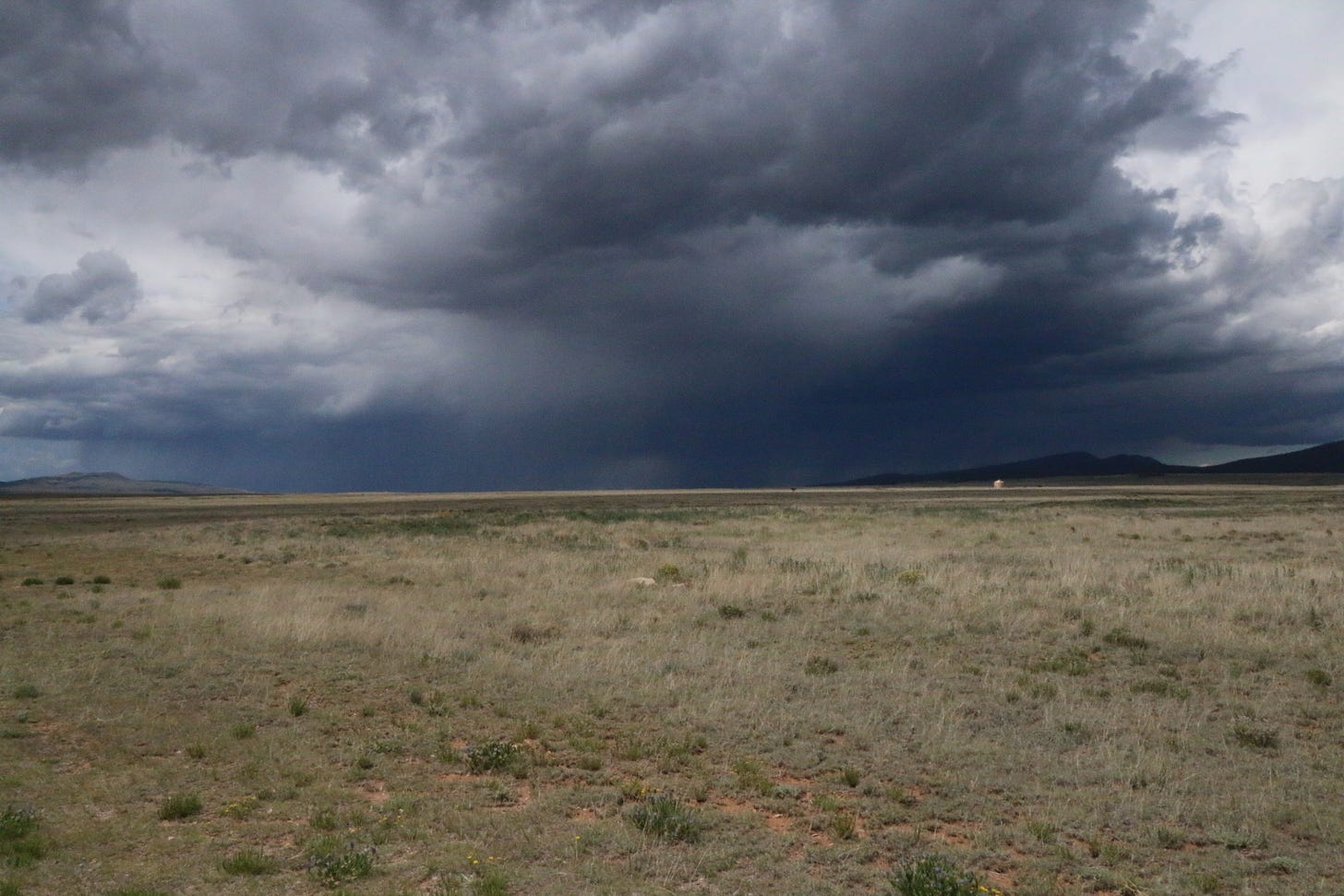

Most Americans today have short memories. That makes it hard to conserve core values and to preserve fundamental institutions.
This piece would be very well received in any social media group for military brats. Their appreciation might well be extended your book "Bandido."
Chico the Bandido is a legend in his own time. Just yesterday in a social media group about military aviation, a member posted an image of an F-4 -- loaded to the max with ordnance for ground attack -- and added the caption, "Chico on steroids."
Though himself a C-130 loadmaster, that guy of course knew the F-4 -- and he knew Chico's reputation for "trolling for trouble" over North Vietnam.